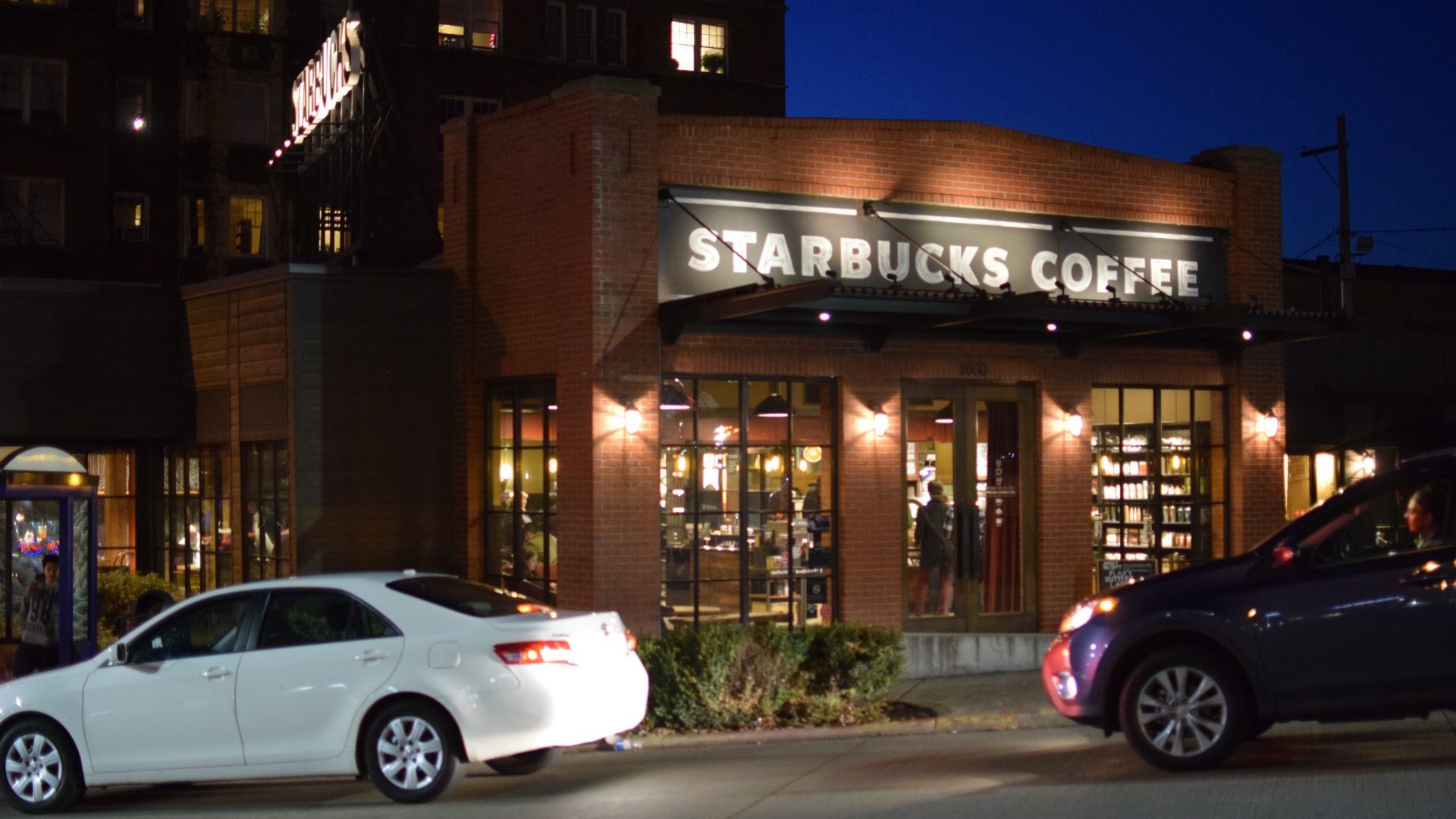

Uber and Lyft are fighting with Seattle drivers over unionization, and the drivers just won a small victory. On Tuesday, U.S. District Court Judge Robert Lasnik dismissed a lawsuit filed in March by the U.S. Chamber of Commerce—which counts Uber and Lyft as members—to block a Seattle ordinance that allows ride-sharing drivers to unionize, according to CNET.
The lawsuit argued that unionization violates antitrust laws by allowing independent contractors to collude through collective bargaining, and fix prices. Lasnik ruled that the ordinance is an appropriate exercise of the Seattle city government’s authority, although a temporary order he issued in April blocking the ordinance will remain in place.
The Seattle unionization fight is part of a larger debate over whether drivers are treated fairly by ride-sharing companies. Those companies save a lot of money by keeping drivers as independent contractors, meaning they don’t have to pay for things like benefits or overtime. Critics believe this isn’t a fair deal for drivers, who often work full time but still aren’t considered employees.
Passed in 2015, the Seattle unionization ordinance allows ride-sharing drivers to establish unions and collectively bargain on things like pay and work conditions. Both Uber and Lyft claim the ordinance will ultimately hurt drivers by making their working conditions less flexible.
The need for driver unionization rests on who is actually driving for these companies. The image of ride-sharing perpetuated by Uber and Lyft is of part-time drivers looking to make some extra money on the side. But many drivers rely on the ride sharing as their primary source of income, and are more significantly affected by company policies.
While it still opposes unionization, Uber has made some efforts recently to improve working conditions for drivers. It recently instituted several new driver support services and policies, including a revised rating system designed to be more fair to drivers.